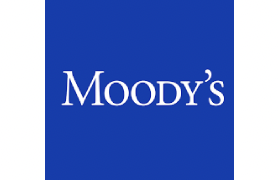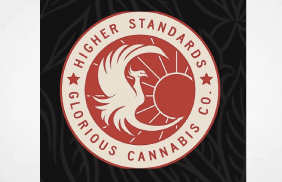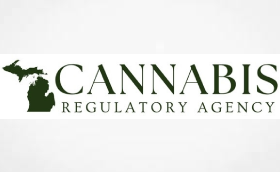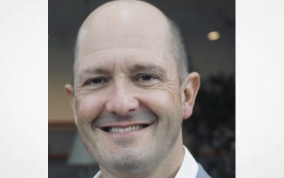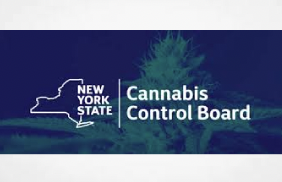Nearly half of US states have legalized adult-use cannabis over the past decade, with many receiving only a modest uptick in revenue, according to analysts from Moody’s Investors Service. Changes in cannabis tax policy, however, have the potential to change that, according to Moody’s.
According to Yahoo Finance:
Alaska, Colorado, Oregon, Maryland, Washington and Virginia have all already created task forces to evaluate the fast-changing cannabis business landscape. In Alaska, the unit is already weighing potential changes in the state’s tax structure.
Revenue also stands to be affected as more states legalize recreational marijuana, increasing competition and driving down profits for early adopters such as Colorado and Washington. While federal legalization is unlikely soon, such a move would enable “more competition of growers and sellers across state lines,” according to Moody’s.
As previously reported on Conduit Street, as of July 1, adult-use cannabis is legal under Maryland law. Nearly all existing medical dispensaries (approximately 100 locations statewide) have converted their licenses and can sell medical and adult-use cannabis products to adults 21+ with valid government identification.
As previously reported on Conduit Street, in July, collective adult-use and medical cannabis purchases reached $87.4 million — more than double the $42.7 million total for June, before the launch of adult-use retail sales, according to the Maryland Cannabis Administration.
While implementation across jurisdictions has been a variable as different states have taken various approaches, one commonality is that virtually all states have empowered a meaningful local revenue source to support local services. Some have fully authorized local excise taxes where rates are set, and collections are overseen locally. Others have authorized local sales taxes at either standardized or variable rates locally.

For example, in New York, there is both a 13 percent excise tax (9 percent state and 4 percent local) on cannabis sales (paid by consumers and remitted by retailers) and a potency-based tax (remitted by distributors). Oregon levies a 17 percent excise tax on cannabis sales paid by consumers and remitted by retailers. Local governments can also levy up to a 3 percent tax on the retail price.
While there are no local cannabis taxes in Maryland, the state does levy a 9 percent excise tax on any product containing cannabis. But, a mere five percent of state cannabis tax revenue goes to local governments. That translates to local governments receiving a mere 45 cents for a single purchase of $100 of cannabis- the smallest in the nation.
Municipalities will receive half of the local revenue share for transactions within municipal boundaries (counties will retain the other half on such transactions). In addition, 35 percent of the tax proceeds will go to the Community Reinvestment and Repair Fund, a new fund for local organizations that support marginalized communities.
In the meantime, Moody’s said state and local governments will continue to benefit from savings tied to fewer weed-related arrests and incarcerations.
The Maryland Cannabis Administration has developed eight:15 videos for social media and fact sheets on several topics that MCA encourages partners to share and post. In addition, public education videos and more information on the new law, consumption, and dosage guidance are available on the MCA website.
MCA also published the “Marylander’s Guide for Responsible Cannabis Consumption,” containing crucial public safety and public health information and materials.
